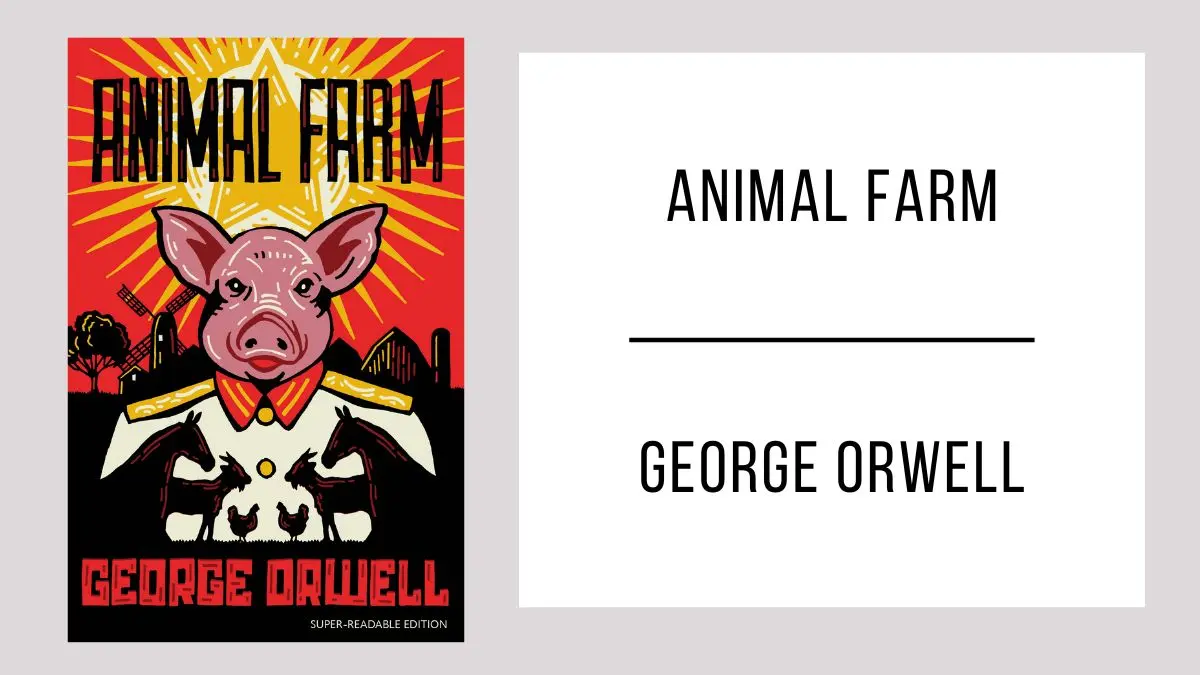Animal Farm by George Orwell is a powerful allegory of the Russian Revolution, disguised as a simple fable about farm animals who overthrow their human owner.
Experience the rise and fall of their utopian society as it descends into totalitarianism, mirroring the corruption of power. It’s a chilling and insightful commentary on political manipulation.
Ready to dive in? You can download Animal Farm for free in PDF format and witness this timeless tale of revolution gone wrong firsthand.
Animal Farm in PDF
*Wait a few seconds for the document to load, the time may vary depending on your internet connection. If you prefer, you can download the file by clicking on the link below.
Loading fileInformation Animal Farm
- Author: George Orwell
- Publication Date: 1945
- Main Characters:
- Napoleon: A pig who becomes the dictatorial leader of the farm, symbolizing the corruption of power.
- Snowball: A pig who initially champions revolutionary ideals before being ousted by Napoleon.
- Squealer: The propagandist pig who manipulates language to control the other animals.
- Boxer: A hardworking cart-horse whose unwavering loyalty and strength are exploited by the ruling pigs.
- Clover: A gentle, perceptive mare who witnesses the betrayal of the farm’s ideals.
- Benjamin: A cynical donkey who remains skeptical of the changing political landscape.
- Brief Summary: “Animal Farm” is an allegorical novella about a group of farm animals who overthrow their human owner in pursuit of an egalitarian society. However, as the pigs consolidate power, the dream of equality is betrayed, and the farm becomes a dystopia mirroring the tyranny it once sought to escape.
- Thematic Analysis: “Animal Farm” explores themes of power corruption, the manipulation of language as a means of control, and the betrayal of revolutionary ideals. Orwell critiques how revolutionary movements can be subverted by those in power, leading to a society where freedom is replaced by oppression and inequality.
- Historical Context: Written in the aftermath of World War II, the novella is a satirical reflection on the rise of totalitarian regimes, particularly critiquing Soviet communism under Stalin. It uses the farm as a microcosm to illustrate how noble ideals can be perverted by power-hungry leaders, resonating with historical events of political betrayal and authoritarianism.





